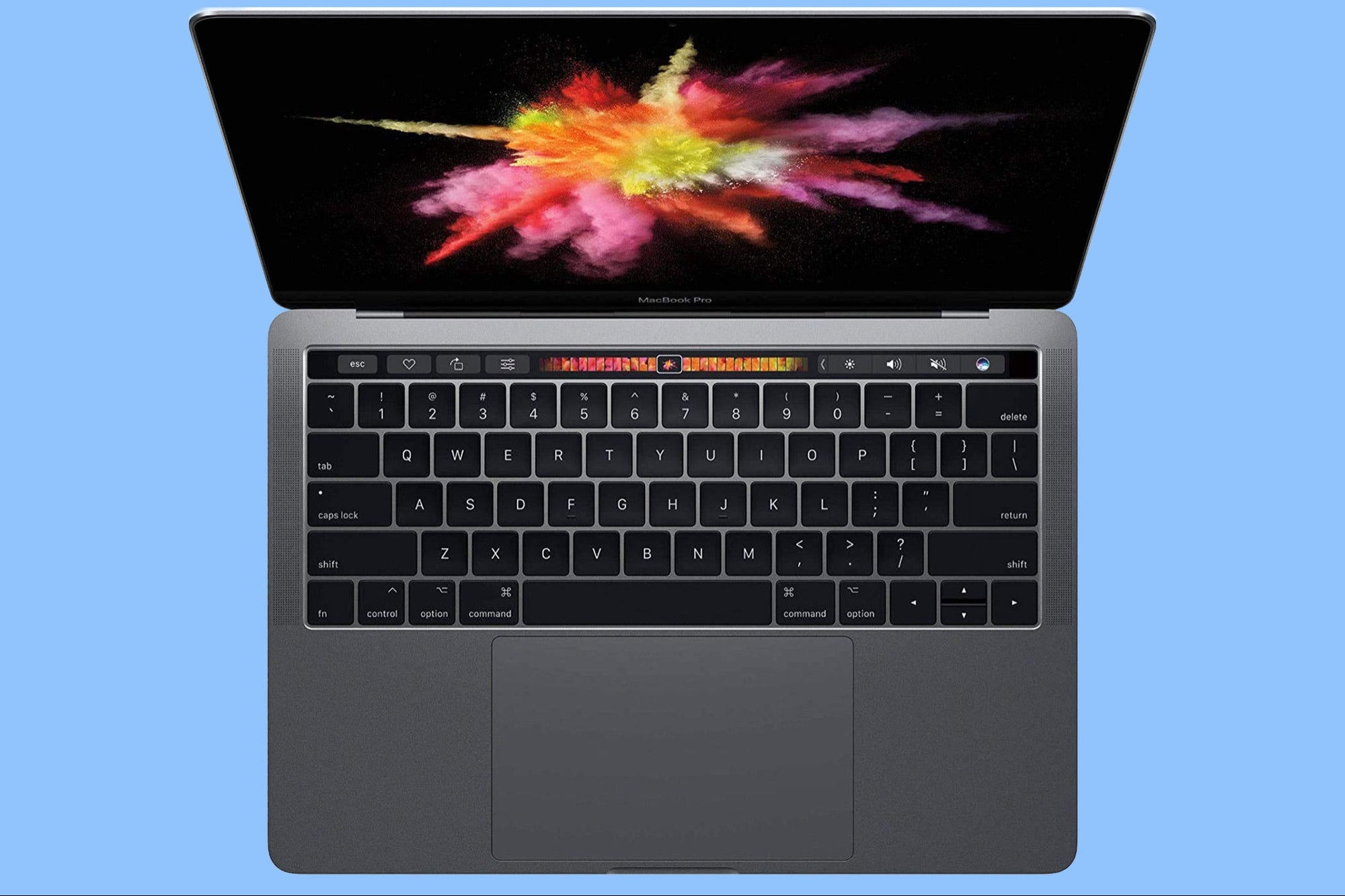Are you considering starting your own business but don’t want to go through the process of beginning from scratch?
Purchasing a franchise can be a great option for entrepreneurs who want to hit the ground running with a proven business model and brand recognition.
Here’s the catch: Financing and launching a franchise can be more complex than starting a brand-new business.
After you’ve settled on the franchise concept you want to buy, let’s explore what the process looks like for aspiring franchise owners. Whether you’re a first-time entrepreneur or a seasoned business owner looking to expand your portfolio, here’s what you can expect when financing and purchasing a franchise.
Related: Considering franchise ownership? Get started now and take this quiz to find your personalized list of franchises that match your lifestyle, interests and budget.
Analyze the Franchise Disclosure Document (FDD)
Once you have identified a potential franchise opportunity, you’re ready to obtain the Franchise Disclosure Document (FDD) from the franchisor to solidify your choice.
The FDD is a legal document that outlines the terms and conditions of the franchise agreement and detailed information about the franchise system, its financial performance, fees and other factors that you, as a franchisee, should understand.
Make sure you review the FDD carefully and seek legal advice to ensure that you fully understand all the costs and expenses you’ll be responsible for if you decide to move forward.
Related: Top Financing Tips All Aspiring Franchisees Should Know
Develop a business plan
Developing a comprehensive business plan is critical for the success of any business — including franchises — as it can help you secure financing. Your business plan should outline your goals, marketing strategy, financial projections and operational plans.
Here’s the best part: The franchisor may provide a template or guidelines for the business plan. But keep in mind that it’s important to customize your plan based on your specific benchmarks.
Related: How to Write a Business Plan for Your Franchise
Focus on securing financing
Now it’s time to secure financing. Most franchisors require a minimum amount of personal investment, which can range from 20% to 30% of the total investment.
For example, if the total franchise investment is $100,000, you may be required to invest $20,000 to $30,000 of your personal funds. The remaining capital can be obtained through various financing options, such as loans, grants and crowdfunding.
Some franchisors may offer financing options, such as in-house financing or partnerships with lending institutions which may provide you with favorable rates.
All situations are different, so it may be in your benefit to consult with a financial advisor to determine the best financing option for you.
Related: What Is Franchisor Financing? Here’s Everything You Need to Know.
Sign the franchise agreement
Once you have developed a business plan and secured financing, you’re ready to sign the franchise agreement.
The franchise agreement is a legal contract that outlines the official terms and conditions of the franchise relationship. You should review the agreement carefully with legal guidance because it will include details about franchise fees, intellectual property rights, training, support and more.
Related: The 9 Provisions Every Franchise Agreement Needs to Have — and What They Mean
Attend franchise training
You’ve signed! Before you get ready to open your doors, it’s time for training.
The franchisor will provide onboarding on the franchise system, operations, marketing strategies and other aspects of running the franchise. The training may take place at the franchisor’s headquarters, online, or a mix of both.
Launch your franchise
Financing and purchasing a franchise can be a complex and challenging process. Remember to conduct your research on various opportunities, analyze the FDD and put together a business plan before securing financing. Then, you can complete your purchase, ramp up your operation and begin reaping the rewards of business ownership.














